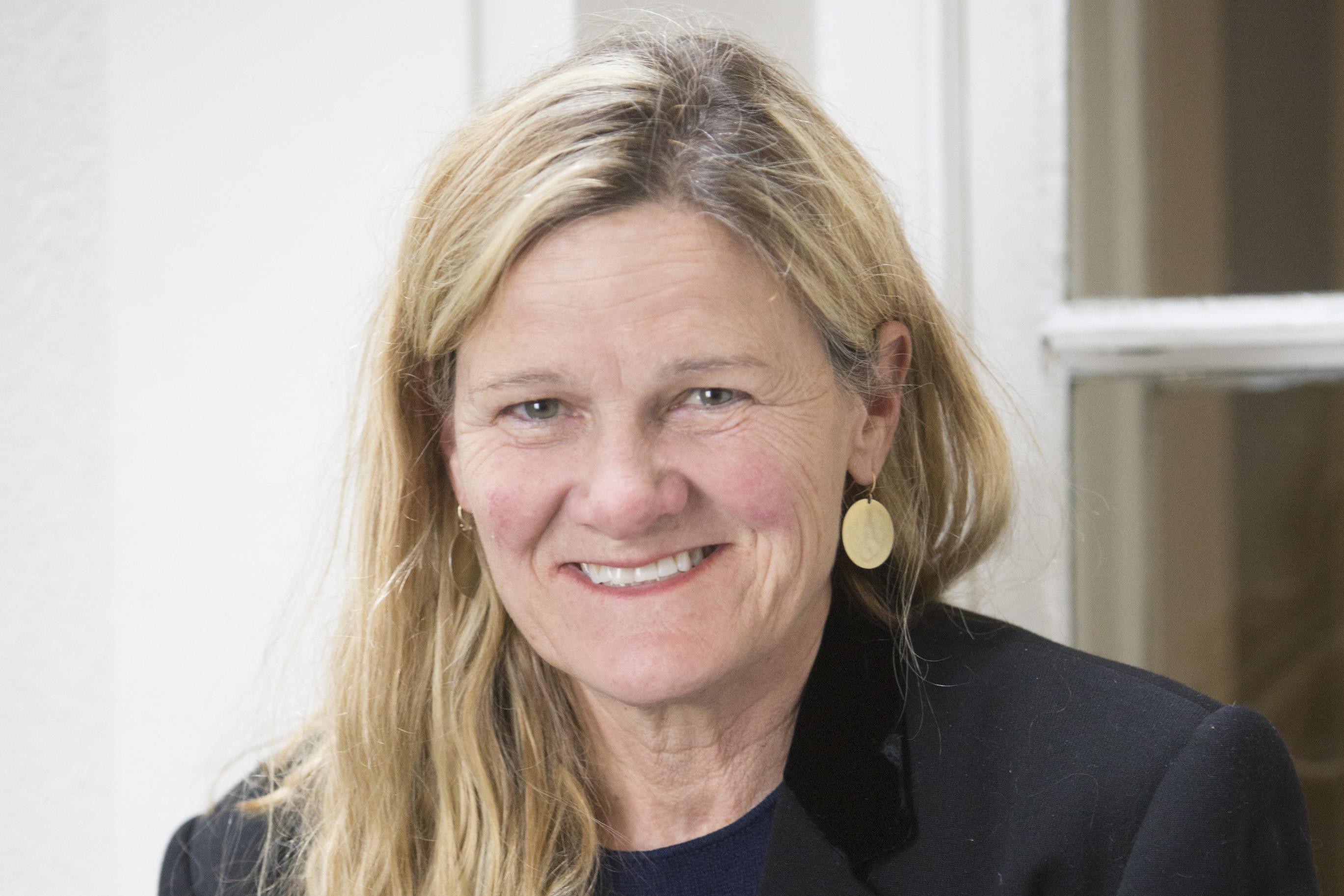
How do you find the current edition of Mastercard OFF CAMERA Festival while holding a function of the Main Competition Juror?
What I really like about this Festival is the fact that it hosts first and second time directors so it is a chance for us, the Jury, to hear some fresh voices coming forward from the cinema. It is also a great chance to see some new material and what kind of stories young directors want to tell.
Basing on the movies participating in the Main Competition of Mastercard OFF CAMERA Festival what are the issues, touched by the filmmakers, you find particularly interes-ting?
Some of the nominated movies touch upon the same topic: the inner stress of certain characters and the obstacles they face in their lives. Then, some films are looking from more historical perspective on what happened to the certain characters in the past. All the stories are very much about people and their personal journeys.
You have once said „Your camera becomes an extension of yourself”. What are the most important lessons you intend to pass on?
The cinema is not only about the craft but also about the message that you want to put out there and what you want to say about the world. Cinema is often a reflection of our times. I think it is important to remember for filmmakers to be bold and to make mo-vies with bold statements about their stories and the character involved in them. Another message that I would convey to filmmakers is about the attitude and hierarchy of filmma-king. Through the years I found out that you don’t have to be an ego maniac to be good. You can be one of the best in your field and still be a generous and kind person.
After 30 years in the industry, what priorities in your opinion need young filmmakers set in order to become independent and credible?
One of the most important lessons I have learnt along the way it that you have to trust your inner voice. As a filmmaker it is very difficult to sometimes find your way and the road is not always very clear because you are dealing in the creative field. It is up to you to make the decisions about what do you think is the best for your movie. It is some-times confusing because many people are telling you what they think you should do. In my opinion it is always important to listen first to your intuition and inner voice which will be your truest adviser.
Many have argued about when the movie becomes a timeless masterpiece, what are in your opinion, the qualities that define a truly great film?
What defines a really good movie is the meaning of what the filmmakers want to say combined with how they want to say it. What metaphors is the filmmaker using to convey the idea? Does the film resonate beyond and touch upon universal ideas? What the film resonate in history?
interviewer: Olga Urbanek